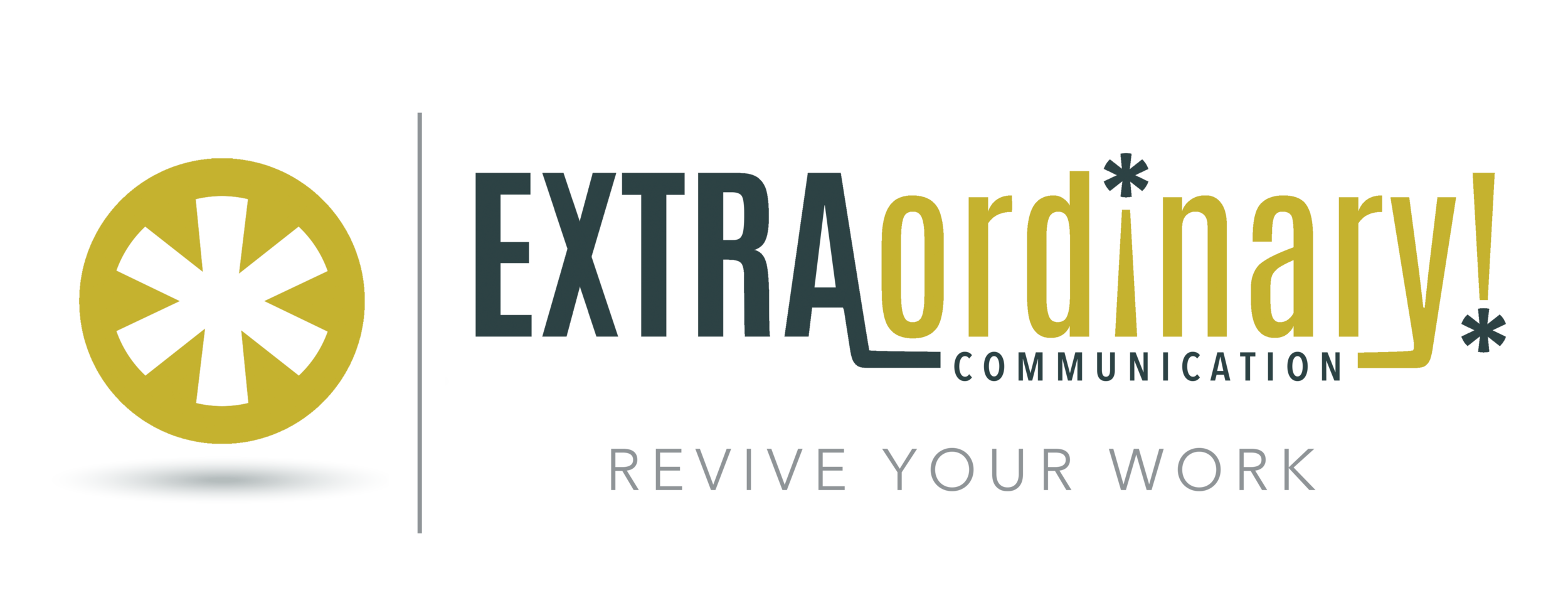E-couragement: There's Power In Your Voice
January 2009 "If you can admit you are afraid and keep moving; you will be released from the fear." Iyanla Vanzant
Several years ago on a cool, spring Saturday morning, I was in Charlotte, North Carolina attending a National Speakers Association conference. Our keynote presenter said, “There is power in the human voice. People want to hear your voice.” He continued speaking but I did not go with him. I couldn’t. I was frozen in thought with the words he had just given me. I was captivated with the idea that people wanted to hear my voice. This resonated with my soul. The fact that people pay to hear me leaves me awestruck. On more that one occasion my daughters have looked at me, tilted their heads (you know that puppy head tilt) and questioned with complete bewilderment, “Dad, do people really pay to hear you talk?”
The Book of Lists conducted a survey to determine the greatest fears among Americans. You guessed it, speaking before a group is number one. Death is number seven. Apparently if you are an American and headed to a funeral, you would choose the casket over the podium. The facts are clear—public speaking is scary!
One of the most exciting parts of my work is coaching others to become confident and engaging presenters. I was recently with a group of future leaders at NCA&T University discussing the qualities inspiring speakers posses. We also listed fears encountered when standing before a group. Will I sound intelligent? Will they believe me? What if I forget what I planned to say? I feel so vulnerable in front of an audience. Do I deserve to be in this position? The voices and doubts go on and on…I finally asked the group, “As future leaders who will have to face the fears of public speaking, what compelling reason is there for you to speak?” They had some great answers. “We must clearly communicate the vision of our organizations. We must inspire others to follow. We must be able to engage the hearts and minds of our teams.” Wow. You see it all boils down to this: You have something to say. You have a unique perspective that must be shared. If you don’t speak up, you are cheating yourself and others.
I am convinced that everyone has the ability to speak effectively. Everyone has something to share. Everyone has unique insights and experiences that can inspire an audience. Here are some fundamental principles that can help you be a more effective communicator/presenter in 2009:
• Be yourself: The single most destructive thought in the mind of presenters during the walk from their seat to the stage is, “I’m not enough. In order for this audience to accept me, I must pretend to be someone else.” In that moment, your most powerful presentation tool—your own authenticity—is lost. Truth be told, the audience is eager to know you. Give them insight into who you are. Audiences crave hearing someone who has the courage to be real. You are more than enough. Trust me.
• Tell stories: Part of being yourself is sharing your personal stories. This can be highly effective because it: a) requires no memorization b) can be told with confidence because you know it so well and c) gives the audience insight into your “humanness.” The most natural and timeless way to engage an audience and make a point is with the use of personal stories. Share your stories; you’ve earned the right to tell them.
• Connect with your audience: Momentary eye contact is not enough. You must speak with your audience. Look into there eyes, get out from behind the podium and physically move toward them. Hold a conversation with them. Connecting with your audience does not include reading your Power Point slides. If you can hold an engaging lunch conversation with friends, without the use of Power Point, you can do that with your audience.
A few years ago while reading The Leaders Voice I ran across a quote from James Earl Jones. Mr. Jones spent most of his youth challenged with severe stuttering. This issue caused him to remain virtually silent throughout his childhood. Yes, this is the same James Earl Jones that is famous today because of his deep, commanding, and melodic voice. In high school Jones was required to read a poem he had written. The class was amazed. Not by what he had written, but by his voice and the way he read the words. Jones says that what he took away from that experience was this, “Make sure the words are yours. Push them from the very bottom of your soul. The performance will take care of itself.” So it is with you. There’s power in your voice, and people want to hear it.
